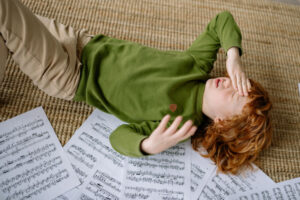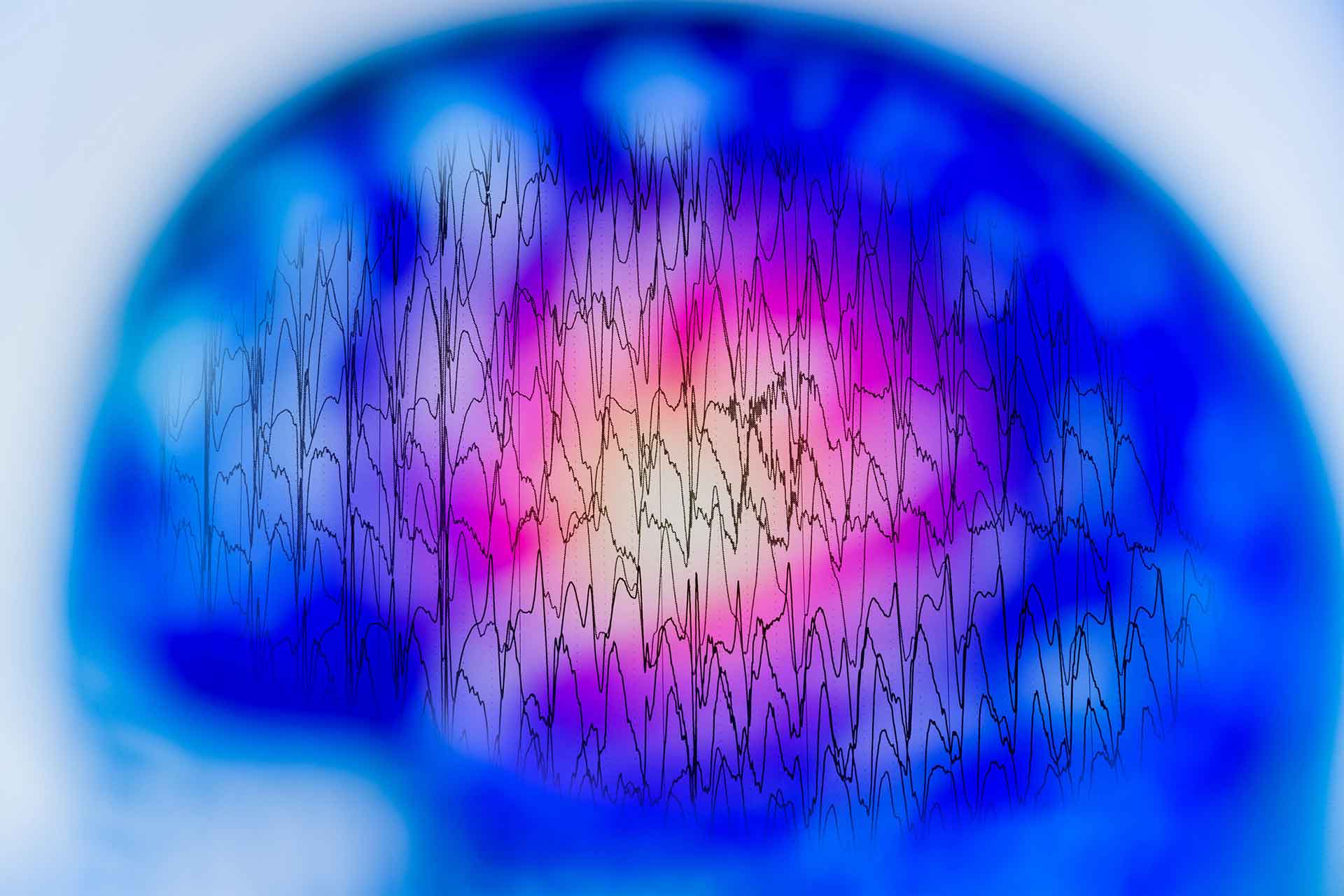Epilepsy, also known as Seizure Disorder, affects the brain activity. During epilepsy, the person engages in seizures, abnormal behaviors, loss of sensation and awareness.
Epilepsy or seizures is a neurological condition, commonly seen in 1 in 100.
The brain has millions of nerve cells that pass messages via electrical signals.
Sometimes, reasons like an infection, stroke, low blood sugar, or a difficult
birth, cause the signals to be disrupted and a seizure occurs.
It can be an acute condition or a chronic one.
Triggers are situations/conditions that can bring on a seizure in some people
with epilepsy.
Triggers can differ from person to person, but common triggers include
tiredness and lack of sleep, stress, alcohol, and not taking medication.
It is important that these triggers be identified, so that they can be avoided
or at least lessened
- Difficulty in verbal memory such as learning names and recalling information
- Difficulty in visual memory such as face recognition and using a map
- Difficulty in prospective memory: trouble remembering what to do in the future
- Stop doing an activity if you get confused or don’t remember what you are
doing. It could be a warning for the seizure and move to a safe place. - Choose alternative methods for daily activities. For example, having a
shower is safer than having a bath in a bathtub. - Remove furniture which have sharp edges and replace with smoother ones
No, not every one will convulse during epilepsy.
Some may just have vacant stares and continue to think that it is lapse of
attention. These are absence seizures. The person may even suddenly stop in
motion without falling.
No, in few types of seizures, the person is still conscious during the attack.
However, though they are aware of what’s going on, they may not be able to
speak or move till the episode is over.
Some people can even recollect what happened to them while it was going
on though it affected their movements, sensations and emotions.
When someone is having an epileptic seizure, make sure you don’t do the
following:
- Don’t hold the person and try to make them wake up or alert them in an
attempt to stop the epilepsy - Don’t put anything in their mouth
- Don’t leave the person alone
Call the ambulance if…
- The person seriously injures himself
- Falls unconscious
- Has difficulty breathing even after the seizure is stopped
- The seizure lasts for more than 5 minutes
Keeping safe at workplace and when out is very important while enjoying an
active life at the same time
- Make a list of sports/leisure activities which carry a risk of injury (in the
event of a seizure attack while doing it). Make them safer with simple
measures. - Reduce driving alone and using staircases.
- In short, do a risk assessment in every place you go to.
ICE stands for In Case of Emergency.
The ICE card should hold the personal details, medical diagnosis and contact
numbers in case of emergency.
It is very important that one carries the medical ID along with national ID
card. The medical ID should carry the diagnosis, any triggers to the condition
and allergies to medicine, if any.
Lack of sleep can be a trigger for epilepsy and vice versa. Epilepsy can also
result in lack of sleep or irregular sleep pattern.
Some types of epilepsy can occur when the person is just waking up or after
a fixed number of waking hours.
For some, seizures can happen at any time of the night disrupting sleep.
It is important to identify the sleep cycle and how it interacts with epilepsy.
Relationship between music and epilepsy seem to be complex.
Music gives a pleasurable experience for most of us. However, for a small set
of people with epilepsy, certain types of music can trigger seizures. This is
called musicogenic epilepsy.
Research also shows that specific musical patterns have the potential to help
control seizures. This is called the ‘Mozart effect’
The human brain has two halves each with four parts called lobes.
Seizures affecting the left temporal part causes difficulties in verbal
memories such as learning names and recalling information for exams.
The right temporal part is important for visual memories like face
recognition and finding the way using a map.
Seizures in the frontal lobe affects prospective memory- causing problems in
remembering what to do in the future.
Epilepsy affects everyone differently. For some people there is a link between a person’s epilepsy and mood problems.
Few mood problems are:
- Anxiety: It becomes a problem when it occurs throughout the day and doesn’t allow the person to relax
- Panic: Panic after epilepsy is not very uncommon
- Poor memory and concentration Irritability
A detailed neuropsychology assessment will allow the therapist to recognize which skill/skills is/are affected and put the proper therapy plan to improve it. At TBC, our therapists offer epilepsy treatment in Dubai. Sessions are held in English, French and Arabic.
At TBC, our Lebanese therapists in Dubai deliver therapy sessions in Arabic, French, and English, focusing on supporting clients with epilepsy. In addition to offering occupational therapy, psychomotor, and speech therapy in UAE, our comprehensive services aim to assist individuals in managing the challenges associated with epilepsy.
Related Articles to Epilepsy

Occupational Therapy for Enhancing Skills in Children with Epilepsy
Occupational Therapy for Enhancing Skills in Children with Epilepsy Occupational therapy, specifically tailored to address the needs of children with epilepsy, plays a vital role

